JADE STAR HOTEL - CHAMBER OPERA
A new chamber opera, Jade Star Hotel, is based on Comfort Girl and is an expanded version with more characters and a deeper story. It is currently in development with The American Opera Project. Please visit the AOP website for more details.
Stephanie Chou - creator and composer
Susan Kander - librettist
JADE STAR HOTEL is a chamber opera for 8-14 instruments, 13-16 singers, 1 dancer. The score is stylistically diverse covering jazz, contemporary classical, pop, Chinese traditional, and more.
JADE STAR HOTEL is the story of a Chinese ‘comfort woman’, a cruel euphemism for the women who were abducted and forced into sexual slavery by the Japanese army in the 1930s and ‘40s. In 1939, sixteen-year-old Lian is kidnapped by Japanese soldiers from her own wedding in a rural village in Manchuria and kept at a military ‘comfort station’ with other women. Though she survives, she is rejected by her family as a “cursed one,” and relegated to the edges of society. Sixty-five years later, a letter arrives from America to the modest apartment she shares with her daughter and granddaughter, causing Old Lian to finally share her story with her only family. JADE STAR HOTEL is a tribute to the more than 200,000 comfort women, and to their courage in finally telling their stories.
It is based on the 2019 song cycle Comfort Girl by Stephanie Chou.
Development Events:
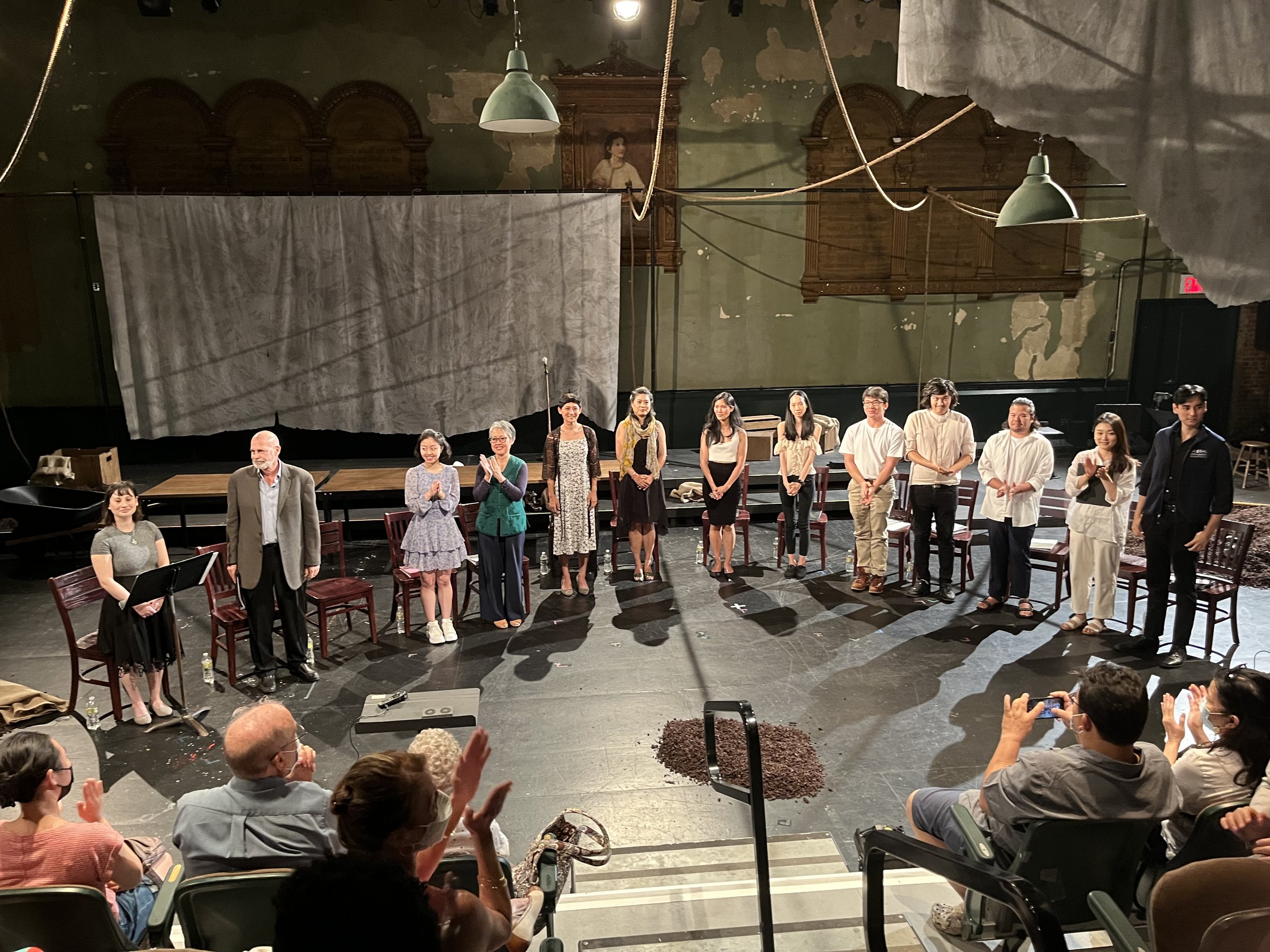
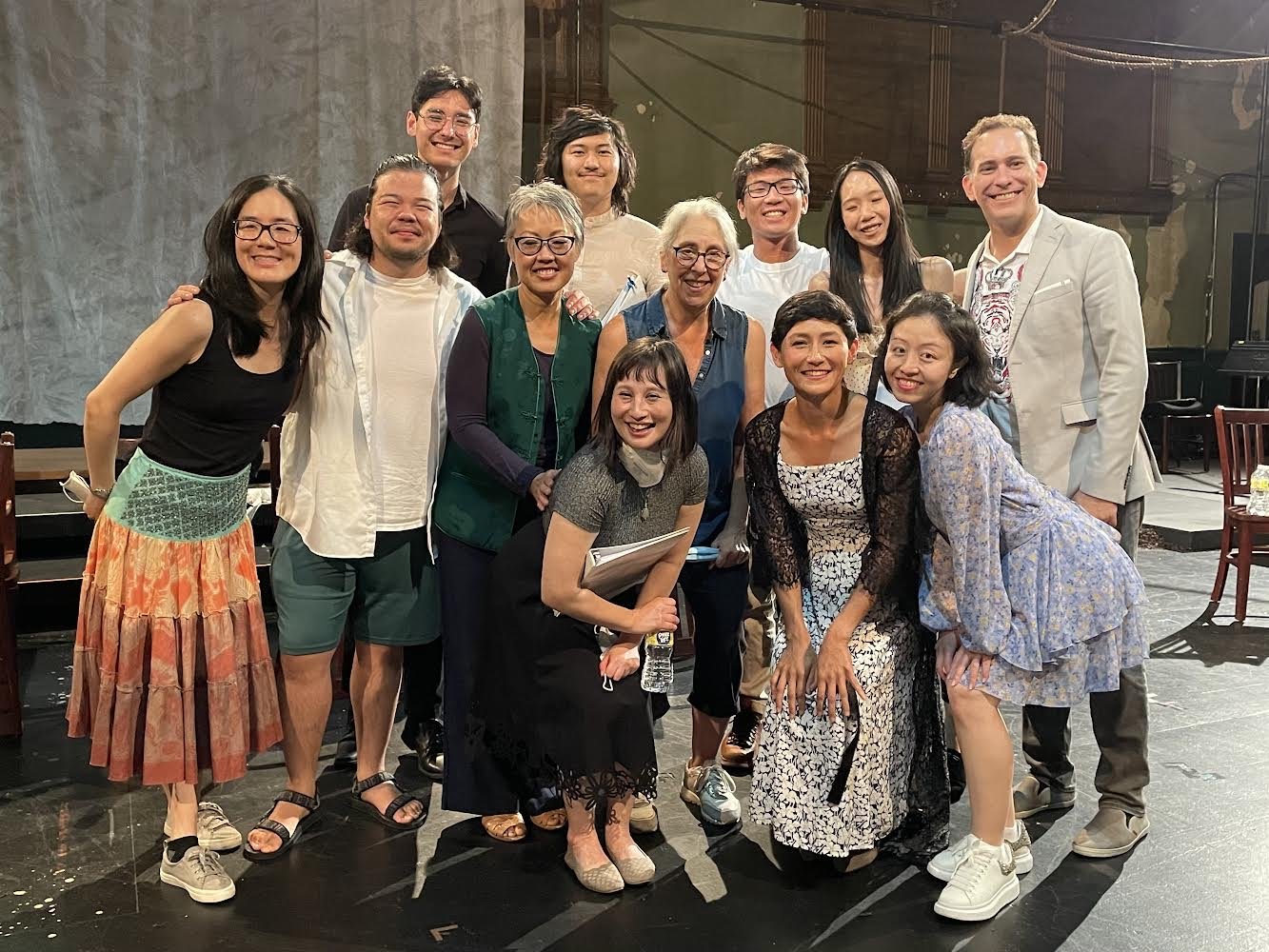
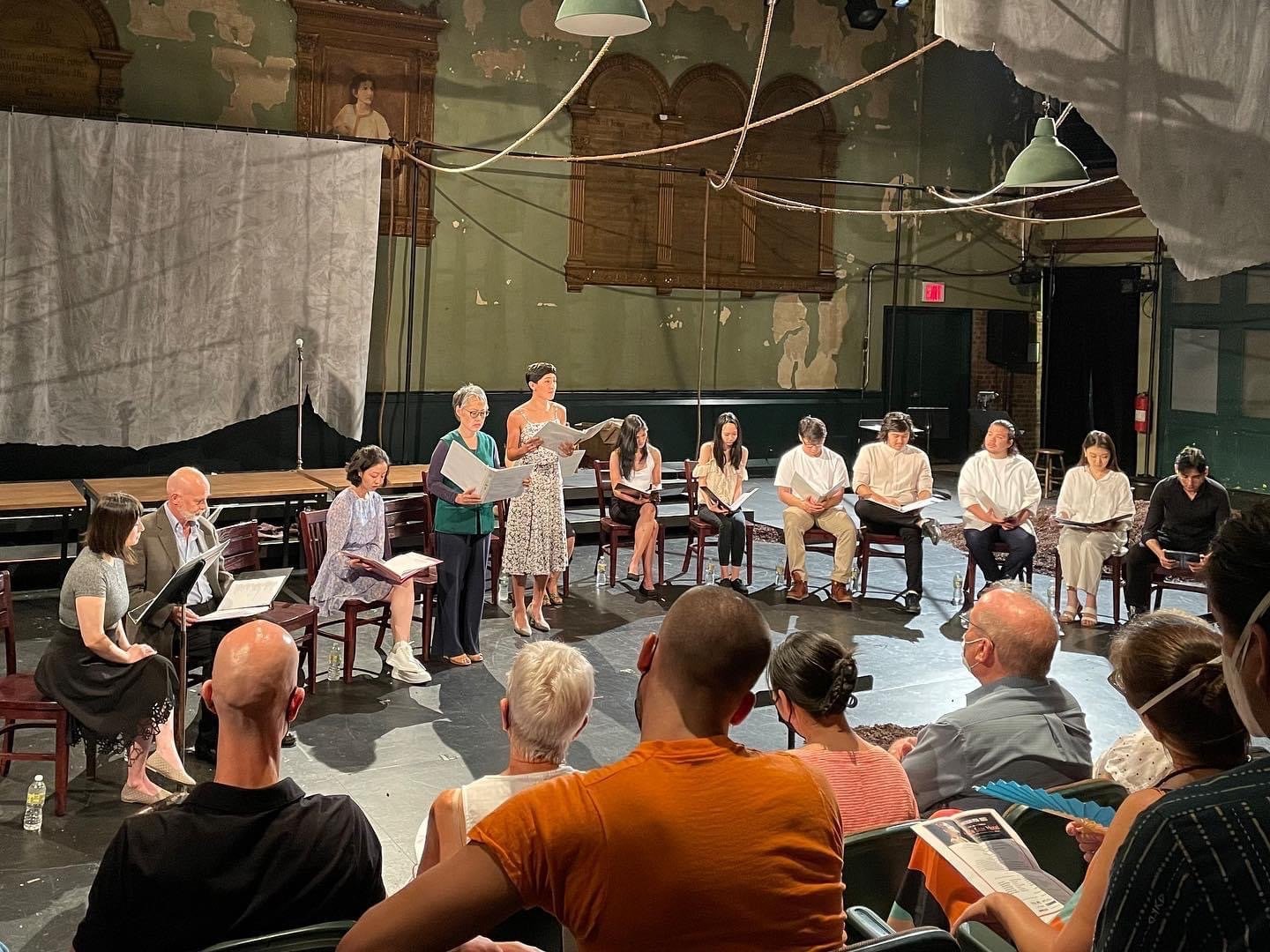
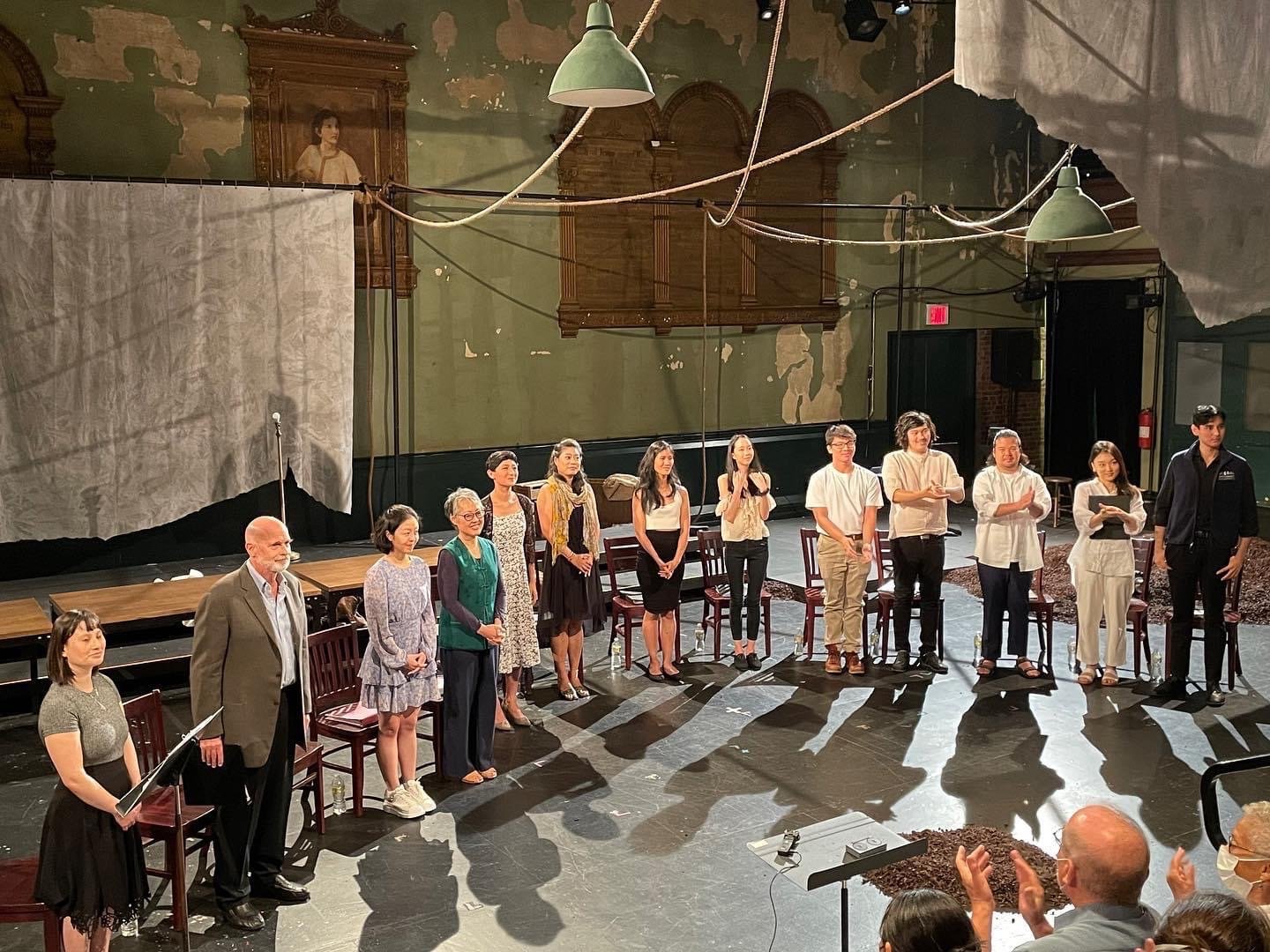
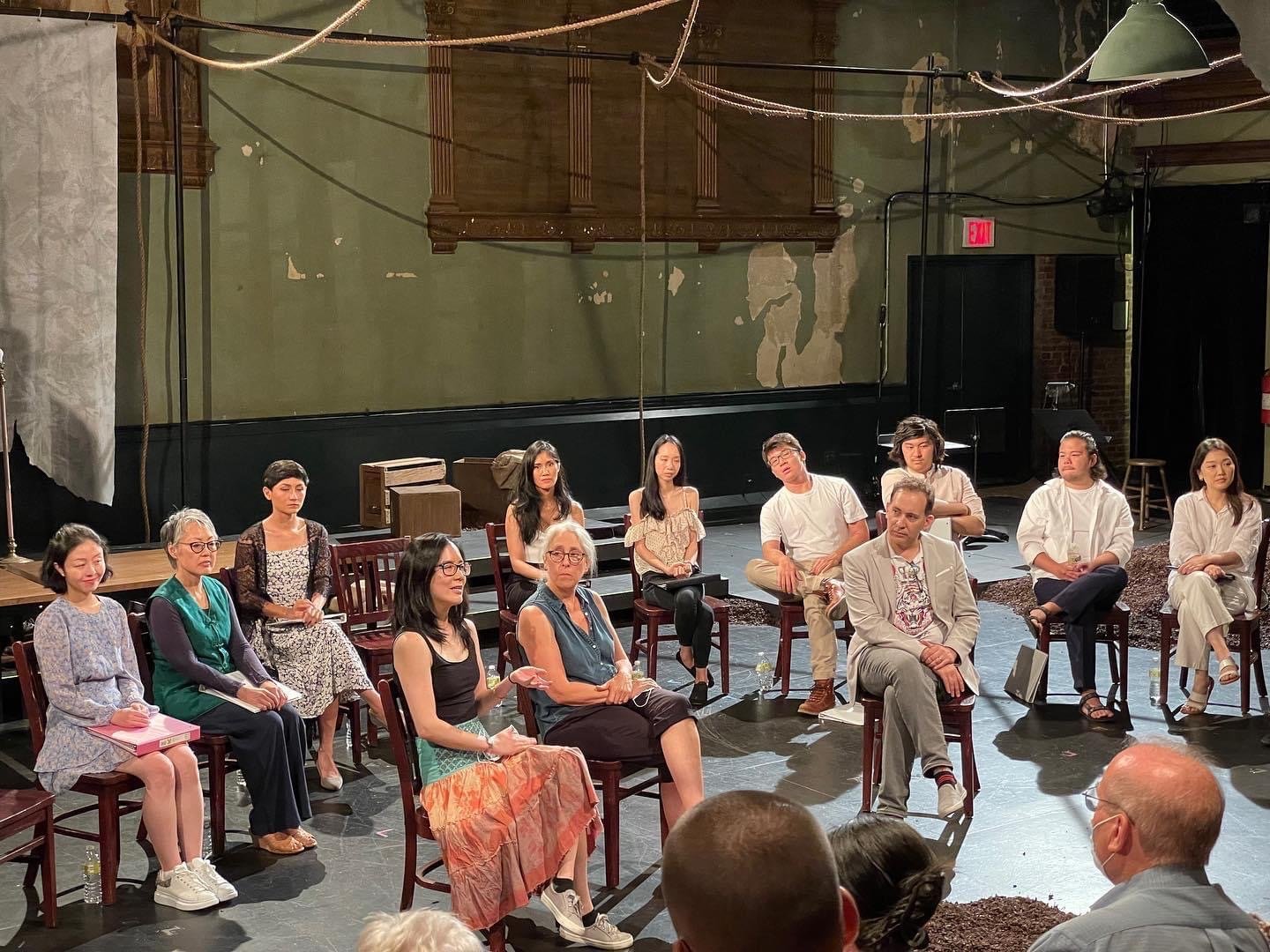
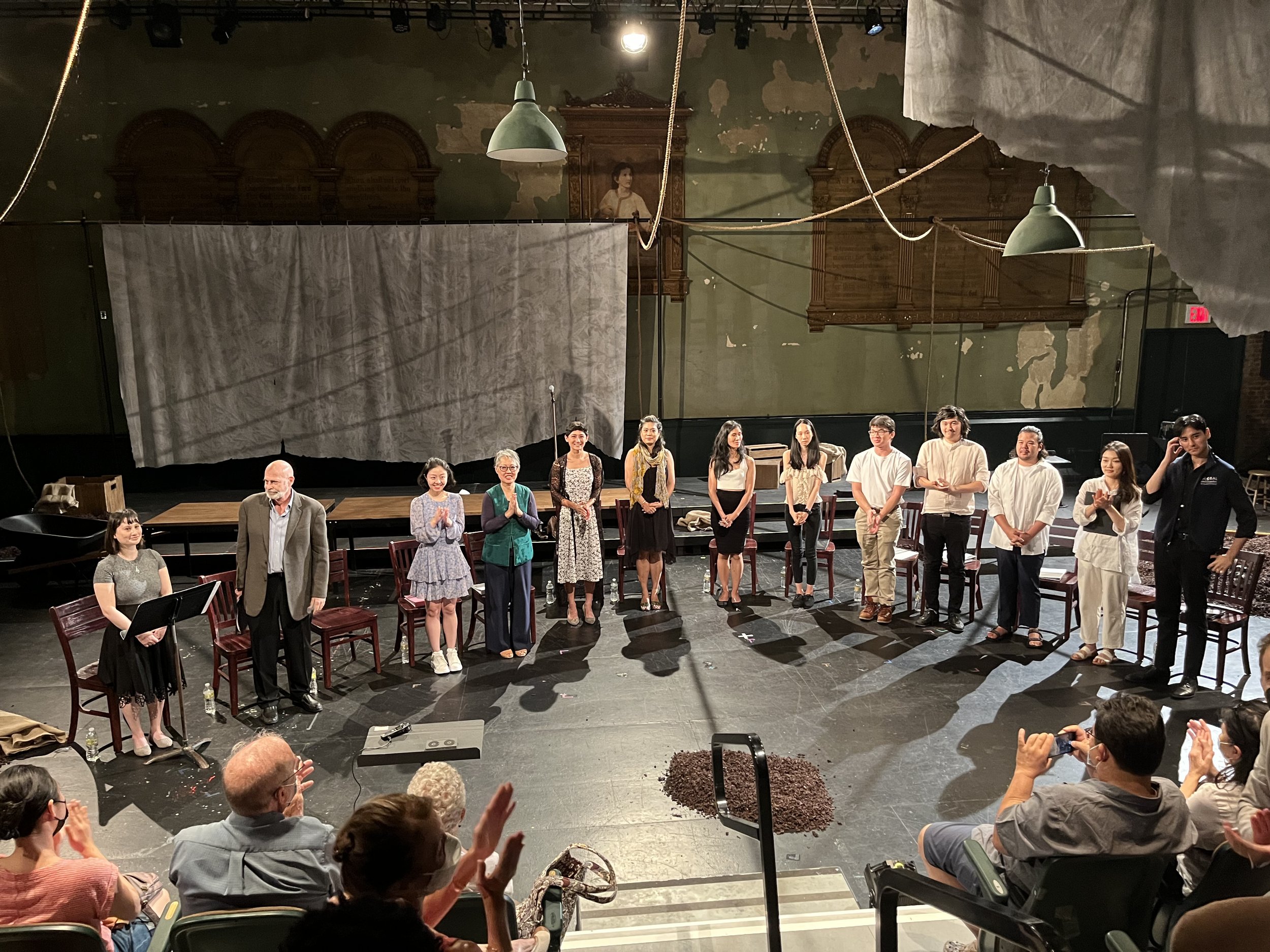
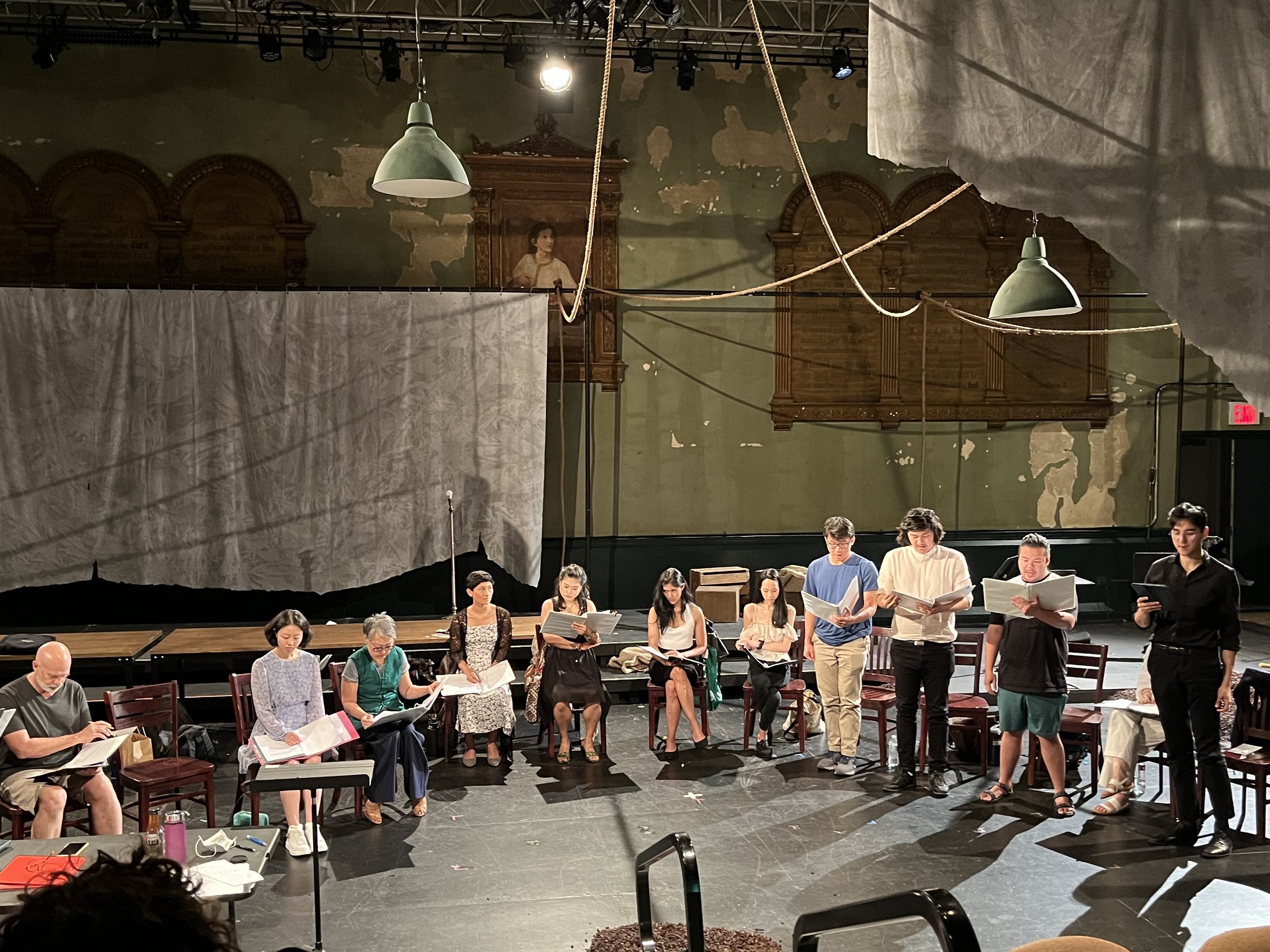
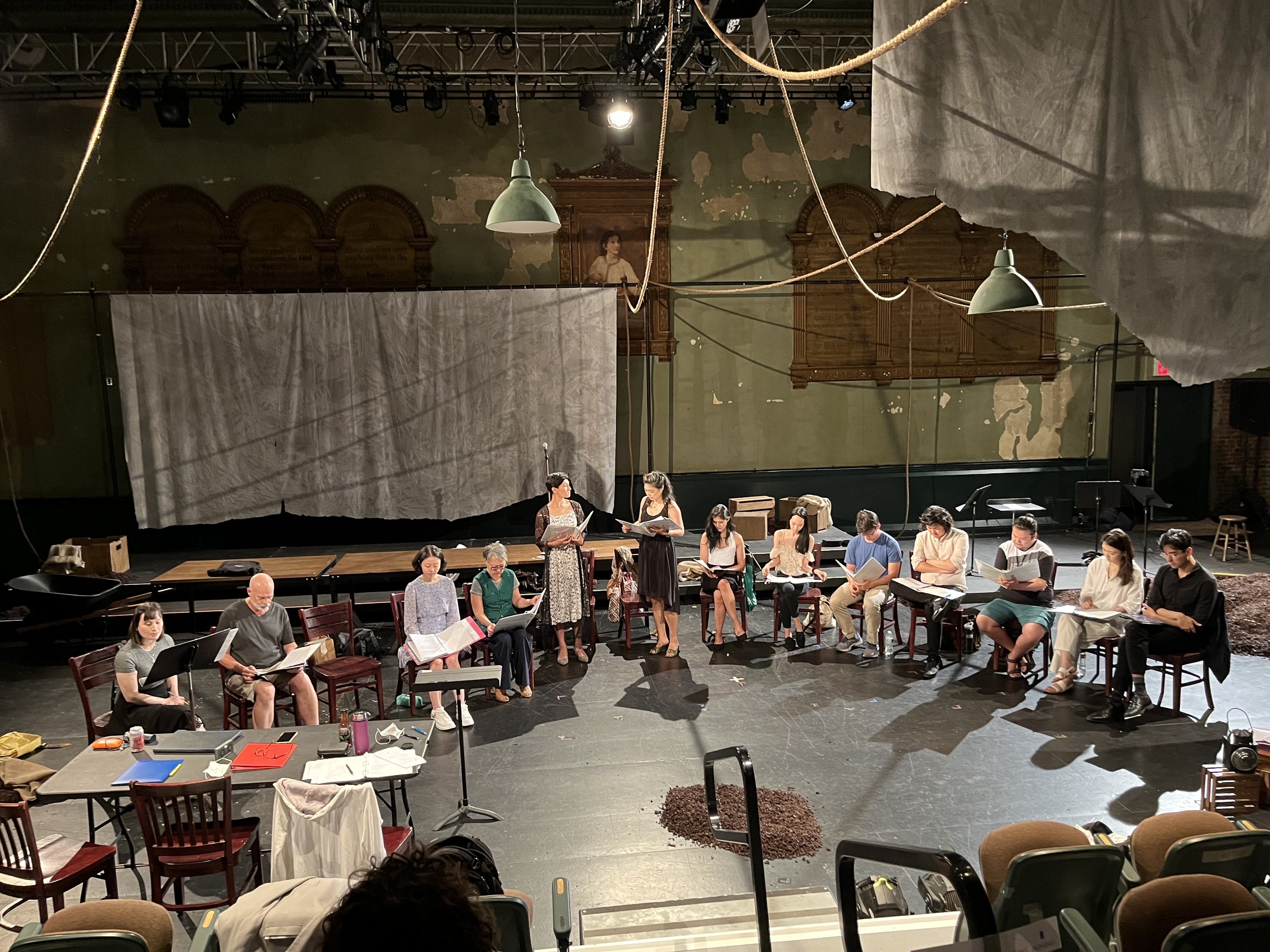
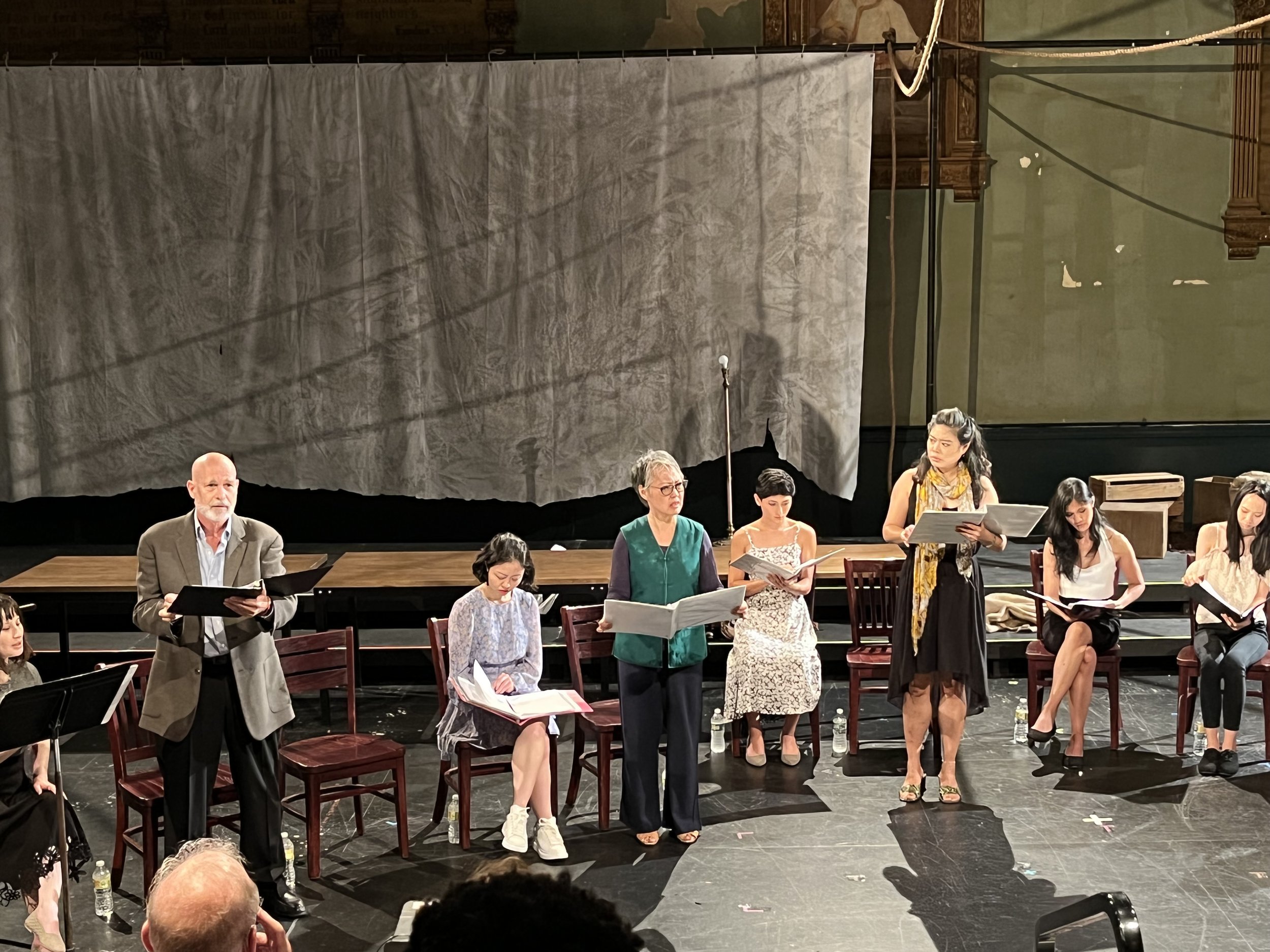
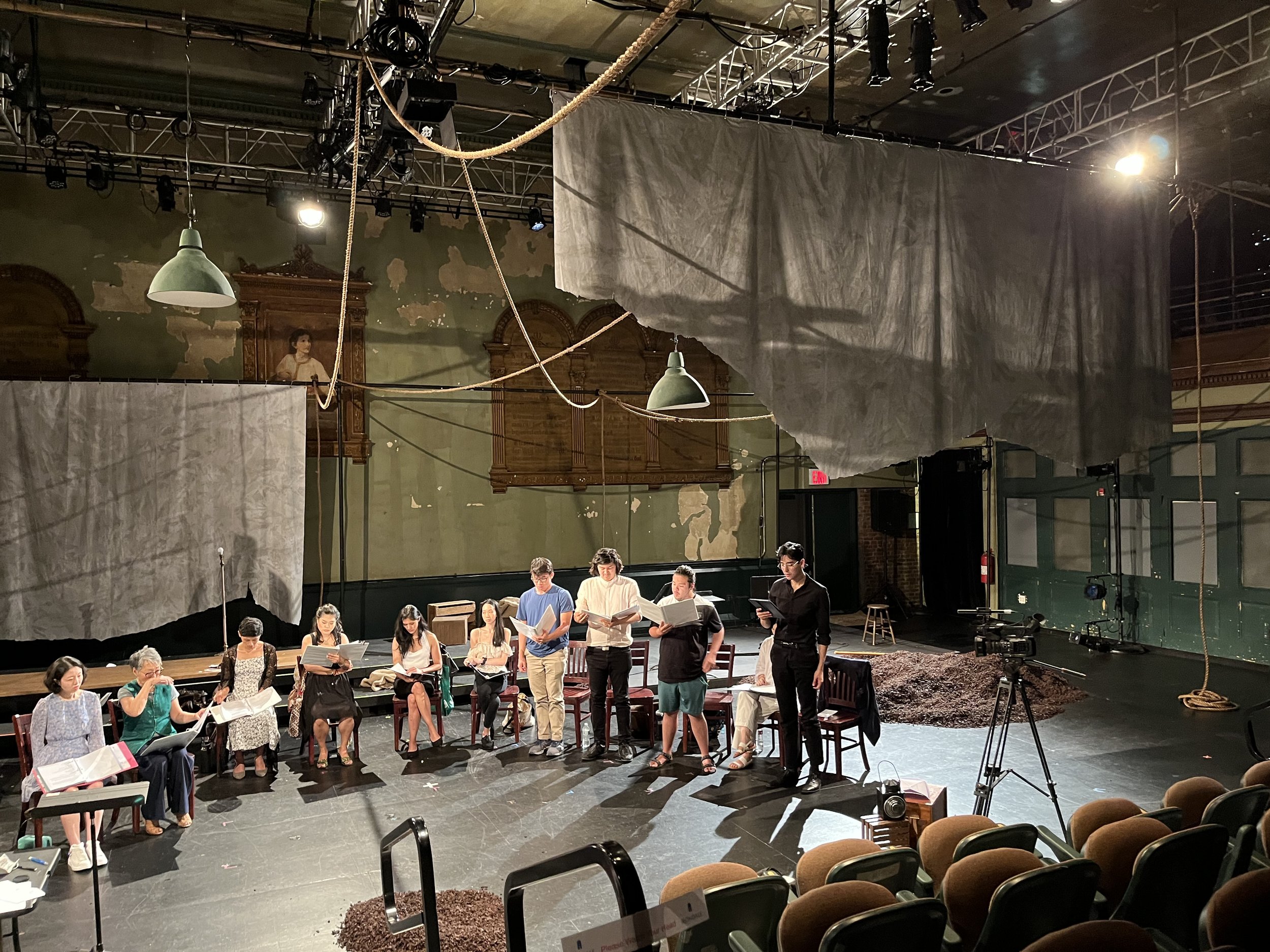

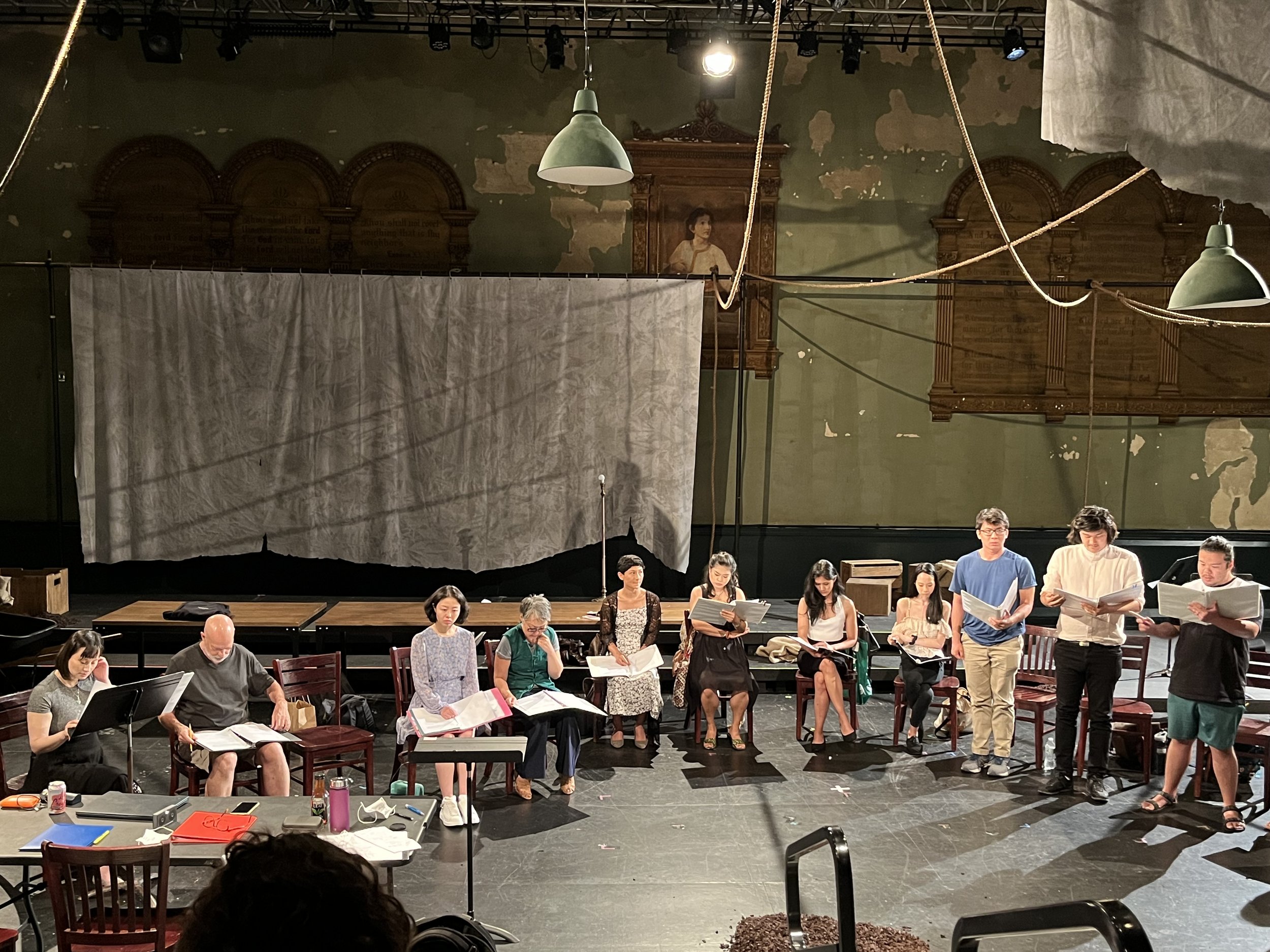
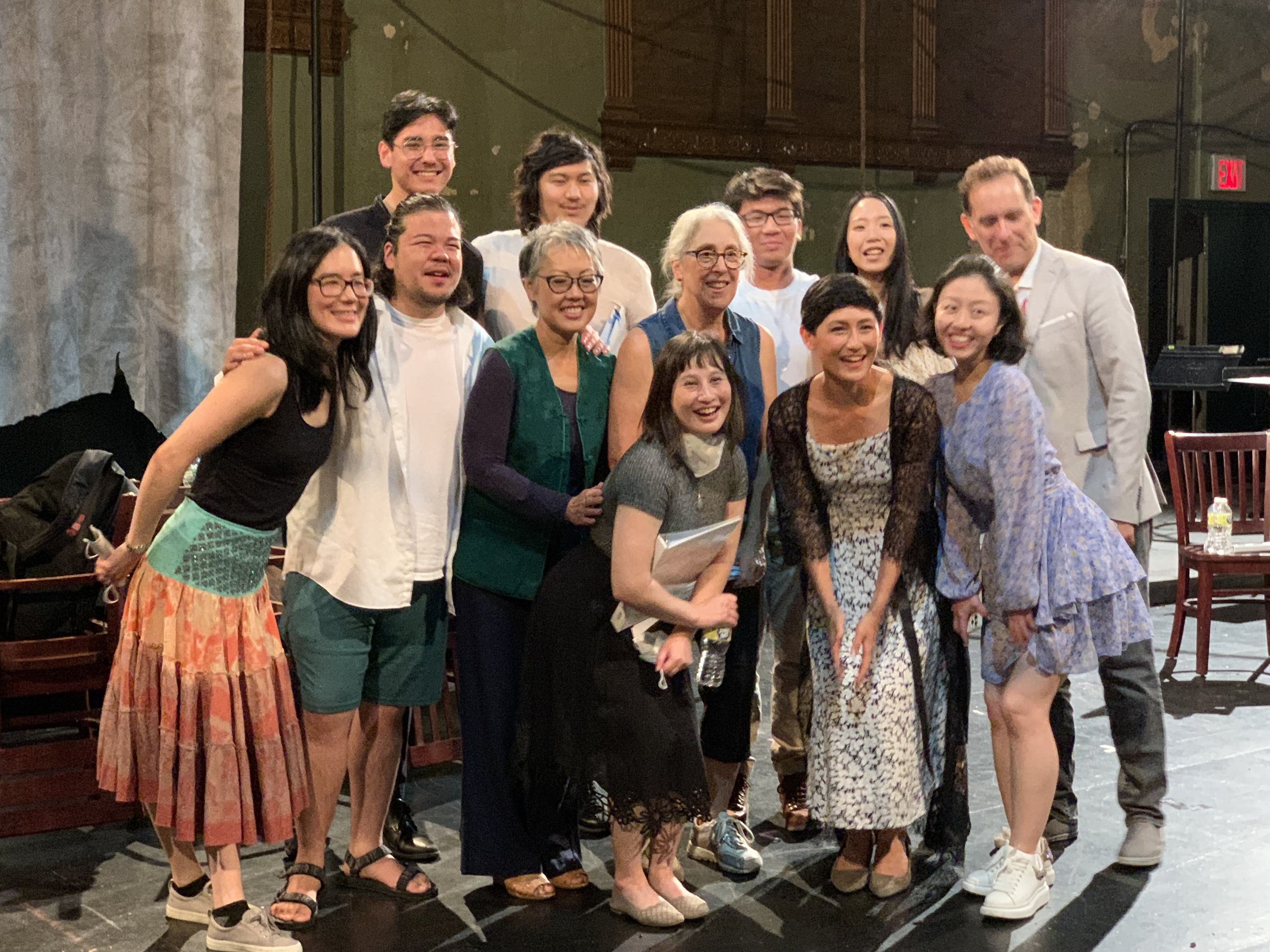
Libretto Reading - August 6, 2022 - Irondale Center, Brooklyn. This was a reading of the libretto text with professional actors (no music). We heard, for the first time, the words of this new drama read aloud. This was a public reading and there was a talkback with audience Q&A at the end.
Performances by: Sergio Mauritz Ang, David Arthur Bachrach, Marissa Carpio, Ya Han Chang, Yihong Chen, Abagael Cheng, Ellis Gage, Jonon Gansukh, Nina Lam, Rebecca Lee Lerman, Miguel Sutedjo, Justine Yeajin An, Dominique Xi
Funding History:
Jade Star Hotel, commissioned and developed by The American Opera Project, is made possible by the New York State Council on the Arts with the support of the Office of the Governor and the New York State Legislature.
The commissioning of Stephanie Chou for Jade Star Hotel received funding from OPERA America’s Opera Grants for Women Composers program supported by the Virginia B. Toulmin Foundation.
Jade Star Hotel received support for the upcoming premiere from The MAP Fund, supported by the Doris Duke Charitable Foundation, Howard Gilman Foundation, and Mellon Foundation.
It is based on the 2019 song cycle Comfort Girl by Stephanie Chou.
Press release for NYSCA grant can be found here.
Press release for OPERA America grant can be found here.
Press release for MAP Fund can be found here.
Comfort Girl (2019) was made possible by a grant from the American Composers Forum with funds provided by the Jerome Foundation. The first two previews and premiere performance were made possible in part with public funds from Creative Engagement, supported by the New York City Department of Cultural Affairs in partnership with the City Council and administered by Lower Manhattan Cultural Council. The audio recording/CD of Comfort Girl has been made possible by funding from generous individual donors and the Puffin Foundation. The "5-min promo” presentation, part of OPERA America’s New Works Forum, was made possible, in part, by a generous and deeply appreciated grant from The Andrew W. Mellon Foundation. Stephanie Chou Project is a recipient of a 2023 grant from Chamber Music America’s Artistic Projects program, funded through the generosity of The Howard Gilman Foundation, for the Comfort Girl studio recording.
The development of Comfort Girl as a chamber opera, Jade Star Hotel, is made possible by the New York State Council on the Arts with the support of the Office of the Governor and the New York State Legislature. The commissioning of Stephanie Chou for Jade Star Hotel received funding from OPERA America’s Opera Grants for Women Composers program in 2022 supported by the Virginia B. Toulmin Foundation. Jade Star Hotel received funding from The MAP Fund, supported by the Doris Duke Charitable Foundation, Howard Gilman Foundation, and Mellon Foundation.




